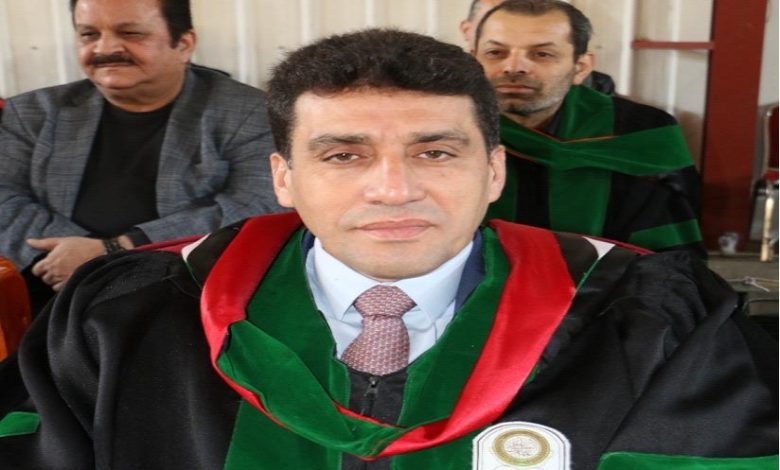
By : Nedal Zubeidi
Jordan Daily – Since its official opening in 1993, Jerash University has remained committed to its mission to provide higher education to financially disadvantaged students and first-generation college-goers. Vice President Dr. Ahmed Al-Hawamdeh emphasized the university’s foundational commitment to accessibility, which has guided its growth over the past three decades.
“Our mission was very clear from the beginning,” Dr. Al-Hawamdeh said in an interview with Jordan Daily . “It was set to serve the least privileged students from the point of view of finance, and it was set to serve students who are first generation into higher education.”
Today, Jerash University enrolls over 9,000 students across 13 schools, offering programs in fields such as applied medical sciences, Sharia, law, nursing, ICT, education, business, and pharmacy. Medicine and dentistry are the only disciplines the university does not currently offer. From its inception, the university has welcomed students from Jordan and beyond, including the broader Arab and Islamic world.
In 2015, Syrian students made up a quarter of the student body, with many self-funding their education. “We believed at the time that we had to serve the Syrians not to reach a point where we would have a lost generation in higher education,” Dr. Al-Hawamdeh noted. “The vast majority of the students were self-funded. Some of them were studying on initiatives, EU and otherwise.”
One distinctive aspect of Jerash University is its single tuition fee structure, which applies to both local and international students. “We don’t have international and national fees,” said Dr. Al-Hawamdeh. “All students are treated on the same level from the point of view of finance.”

In response to shifting global job market needs, the university has adapted its programs to prepare students for employment. For example, Jerash has introduced English and German language courses for nursing students to help them meet the high demand for healthcare workers in Europe. The ICT school has also expanded its practical training to better equip graduates for the labor market.
Jerash University is also fostering a culture of entrepreneurship. “We are no longer only teaching from the point of view, the method of delivery that you need to know the theory, you need to know the practice,” Dr. Al-Hawamdeh explained. “But we are also trying to give the student the ability and the focus that you can graduate with a degree and you would be able to start your own project.”
The university’s newly established incubator, initially developed in the School of Agriculture, aims to support student-led ventures. This initiative will soon extend to ICT and business students, fostering collaboration with both national and international institutions.
Looking ahead, Jerash University recently obtained a license for a technical college and is in the process of securing accreditation. “The reason for that is to expand our services to the society and based on the market need and what the market would require from employability point of view,” said Dr. Al-Hawamdeh.
On the international stage, Jerash University has expanded its ties with institutions in Malaysia, signing multiple Memoranda of Understanding (MOUs) with universities and research centers. These agreements focus on joint research, student and faculty mobility, and the potential for joint degree programs.
In terms of global recognition, Jerash University has recently taken steps to improve its international standing by participating in the QS Arab Region University Rankings. “This year, we are in the process of applying for the international QS,” Dr. Al-Hawamdeh said. “It’s something that we believe that we need to be part of. It helps the university by just assessing what needs do we have in order to go at the international level.”

